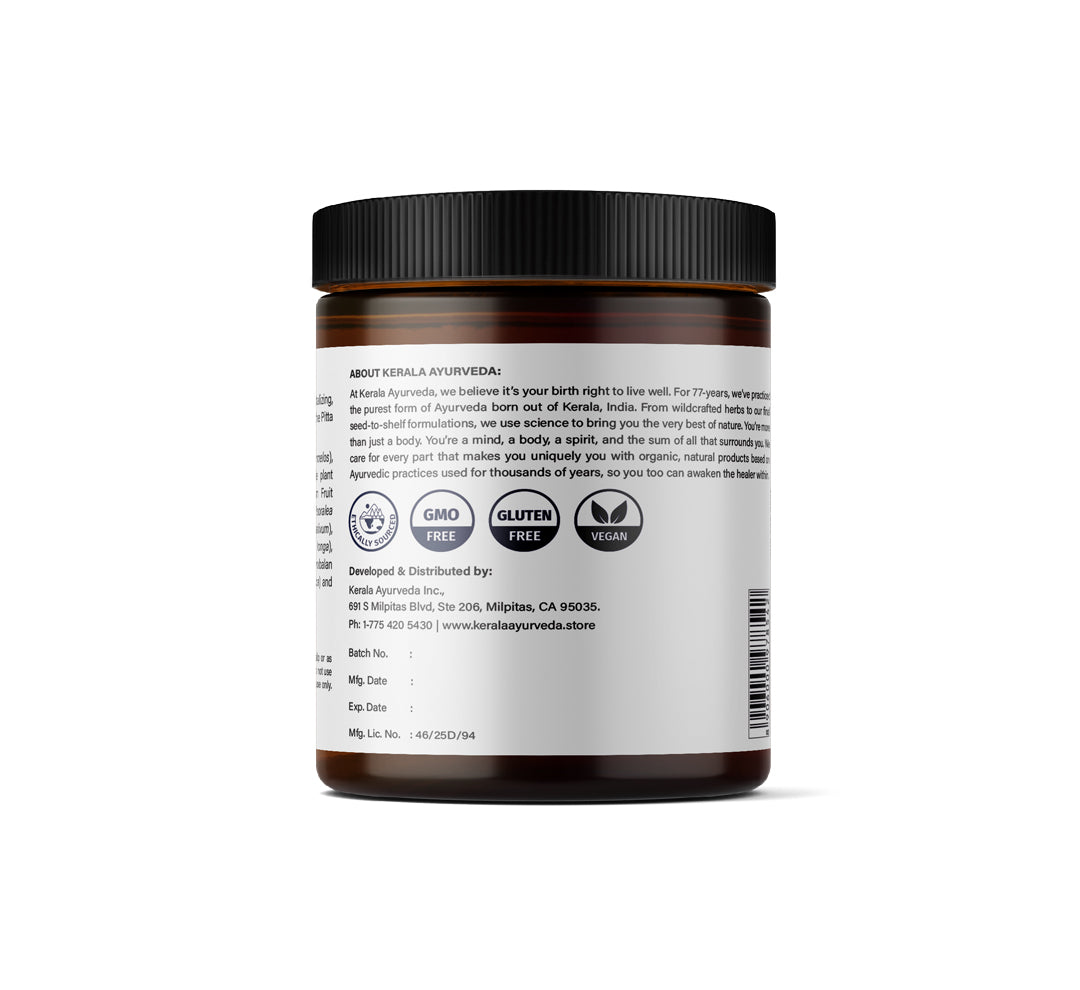Highlights
The spring season is associated worldwide with rebirth, fertility, hope, growth, cleansing, and purification. It is a season of awakening as we emerge from the wintertime slumber. To embrace all that springtime offers, it’s important to understand this season’s impact on rest cycles. Most commonly addressed sleep problems involve the inability to sleep, though the elements of springtime can cause the opposite problem: difficulty waking up. Yes, that’s a sleep problem, too!
Does spring affect sleep?
Ayurvedic wisdom reminds us that there is no inside or outside. Seasons and daily weather impact our minds and bodies, even when we are indoors. Natural rhythms are an inherent part of who we are and have been honored through indigenous cultural practices for thousands of years. These traditions stand the test of time due to their nature-based origins.
According to the Ayurvedic principle of the elements and Doshas — Vata, Pitta, and Kapha — springtime occurs during the transition between the Kapha and Pitta seasons. Kapha Dosha is composed of water and earth elements and dominates late winter and early spring. Kapha is cold, wet, dark, and heavy by nature, which can contribute to feelings of lethargy and tiredness during this time. Kapha promotes sleep in general, so you may find that you’re able to fall asleep and stay asleep more easily during this time. You may also feel sluggish and slow to wake up. For this reason, the springtime transition may contribute to sleep problems.
Why is it hard to wake up in the spring season?
It might seem contradictory that springtime — the season of rebirth and renewal — begins with a desire to hit the snooze button. While it’s true that the additional hours of sunlight and warmth can motivate increased activity, it’s also called a transitional season for a reason. The reality of the natural world is mostly slow, steady, and gradual in its processes. Sleep problems as well as any other imbalances do not develop overnight. They tend to accumulate over time.
As solar energy increases in the atmosphere spring thaw sets in, new growth is stimulated in the earth, and mating season occurs for many species. The spring thaw also triggers buried toxins in the mind and body to be released. Imagine the rushing streams of melted snow as winter ends, moving previously stuck debris and detritus that settled in the fall. This toxic flood and increased humidity can also contribute to feelings of fatigue. Depending on your location, the time change from Daylight Savings may also contribute to sleep problems.

How can I adapt during the spring transition?
As Kapha season progresses into early spring, be patient with yourself if you have difficulty coming out of sleep. Understand that your mind and body are going through adjustments. Nothing is wrong with you; your sleep problems are a natural sign of feeling the impact of the season. The season invites you to shift your lifestyle and transition with it. Just as the sun rises and sets on routine, your bedtime and rising time are important rhythms for your equilibrium. Go to bed early to ensure you get enough sleep, and set an alarm. Try to resist the urge to linger in bed, as that will increase Kapha Dosha and be counterproductive.
The best way to wake up is to get up and move. Exercise is vital for curbing the sleepy tide of Kapha during this time. Morning stretches, an invigorating Yoga Asana like a sun salutation, jumping rope, dancing to music, or going out for a brisk jog are all excellent ways to shake off excess Kapha. Dry brushing is an invigorating way to start the day and part of Ayurveda’s recommended dinacharya, or daily routines. Followed by an Abhyanga (or oil massage), this ritual increases circulation and supports your body’s natural detoxification process.
Body oils you can use during the spring season include:
Kapha Massage Oil: an invigorating oil with a warming sensation designed to balance Kapha Dosha with antibacterial tamarind for skin balancing.
Santhwanam Oil: a Tridoshic oil to support blood flow, relax joints and tissues.
Eladi Keram Oil: coconut-based oil to replenish skin featuring Indian frankincense, cinnamon, nutmeg, Himalayan cedar, cardamom, and guggul.
To support your energy levels, consider adopting a seasonal diet. Eating foods that are too heavy or hard to digest for you during this time will increase your fatigue, not to mention add to your toxic load. Eating regular meals that are lighter and easier to digest, and focusing on Kapha-balancing foods will help you minimize sluggishness.
What herbs should I take during spring to support sleep?
Sleep problems like seasonal fatigue can be addressed by incorporating spices that counterbalance Kapha’s properties and support your system’s natural digestion and detoxification processes. Mustard seed, turmeric, ginger, cumin, black pepper, fenugreek, cinnamon, and clove add flavor and seasonal support to your meals.
If you wish to supplement your diet, Turmeric and Holy Basil capsules are seasonal friends. Turmeric supports the body’s rejuvenation and immunity. Holy Basil is an adaptogenic herb that supports life force and vitality with a serene, stress-relieving ability.
Ayurveda is a slow medicine, taking cues from nature, where the seasons transition into one another gradually. As you incorporate these lifestyle and diet changes, try them one at a time, at a pace you can manage sustainably.








































